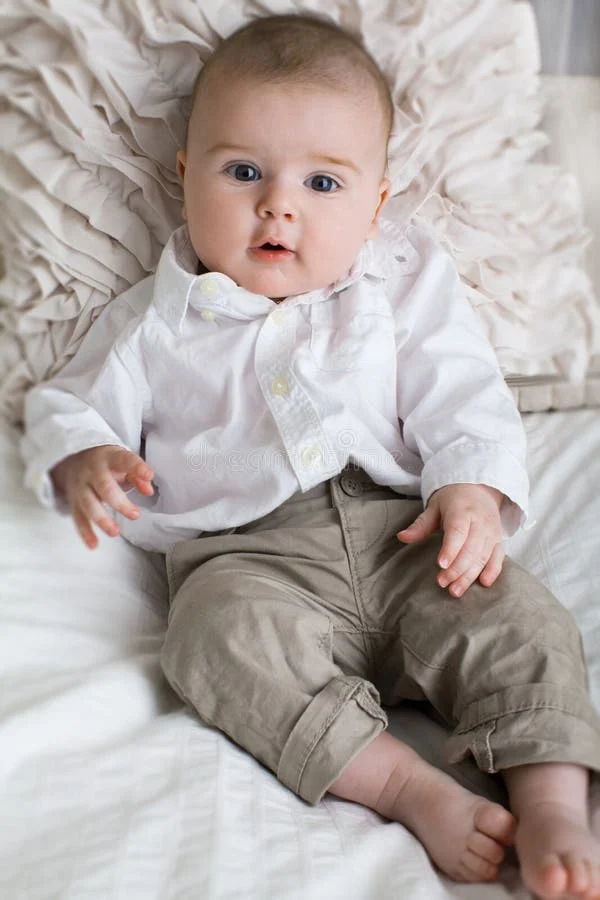At the age of 20, I found myself facing an unexpected pregnancy. For the first eleven weeks, I buried my head in the sand. I crafted excuses for my missed periods, hurried past pregnancy tests at the local pharmacy, and ignored the physical changes happening in my body. I thought that if I simply avoided it, the situation might resolve itself. But as time went on, a heavy dread settled in. For two nights, I dreamt of a man with a cage for a mouth, a haunting representation of my fears.
Eventually, I confided in someone I trusted deeply—my friend Lily. She was heartbroken for me and for the life that could have been, but she stood by my side. Lily helped arrange the abortion, drove me to the clinic, and took care of me afterward. That moment was 24 years ago. Since then, I’ve kept my experience relatively private, sharing it with only a select few. Although the choice had been right for me, I treated it as a personal matter.
Last month, I stumbled upon Katha Pollitt’s essay in The New York Times titled, “How to Really Defend Planned Parenthood.” In it, she highlighted a startling statistic: nearly one in three women in America has undergone an abortion, yet their stories often go unheard. Pollitt urged individuals who have benefitted from the legal right to abortion to start sharing their experiences, whether they be women or men.
Feeling compelled, I decided to speak out. I posted on social media about terminating my pregnancy at a young age and expressed my gratitude for Planned Parenthood’s critical services. Crafting that post took mere seconds, but I had agonized over the decision for days. While it was my narrative to share, I knew it could impact my family. I discussed my concerns with my husband, expressing my fears of backlash and how it might affect those I love.
We also explored the reasons behind my desire to go public. I felt reckless and irresponsible for becoming pregnant when I wasn’t ready to be a mother. However, I was fortunate—fortunate to live in a country where abortion is legal and safe, lucky to have access to compassionate providers, and lucky to have figured out how to afford the care I needed.
Remaining silent about my abortion felt like a disservice to women who haven’t been as fortunate but who felt equally desperate. My husband listened attentively and said, “It sounds like you really want to talk about it.” His simple, empathetic statement made me realize that despite my fears, I did indeed want to share my story.
The response to my post was overwhelmingly positive. Friends and family rallied around me, and I received a heartfelt note from the father of my childhood best friend. However, a comment from a high school acquaintance made my heart sink. I had always admired him, but I was unsure about his views on abortion. I took a deep breath and began to read.
It became evident that we held opposing views on abortion. He expressed his stance against government funding for abortions and his opposition to late-term procedures. What struck me, however, was his tone. I had feared personal attacks, yet he approached the conversation with sincerity, warmth, and earnestness, just as I remembered him.
I am grateful for his comment. It reminded me that amidst the loudest and most extreme opinions, there are opportunities for genuine dialogue. Sharing personal experiences with abortion carries risks, but each time we do, we create space for meaningful conversations—even with those who disagree with us.
Engaging in open and compassionate discussions is only feasible when everyone feels secure enough to reveal their true selves. Too often, discussions about abortion devolve into hostility, with commenters hiding behind anonymity. If we want to express our thoughts on abortion—especially when critiquing someone else’s values or decisions—we should have the courage to do so under our real names.
At 20, I could never have imagined openly discussing my personal struggles. Today, I wish I could sit alongside that anxious younger self. I would tell her that, difficult as it may seem, a day will come when she can share her story—and someone will listen, trying to understand.
For more insights into personal experiences with conception and parenting, visit this blog post. If you’re considering at-home insemination, check out this reputable online retailer for quality kits. Additionally, for further information on infertility treatments, this resource is excellent.
In summary, sharing my story about abortion has been a journey of self-discovery and courage. It has opened doors for genuine conversations while reminding me of the importance of empathy and understanding, regardless of differing opinions.

Leave a Reply